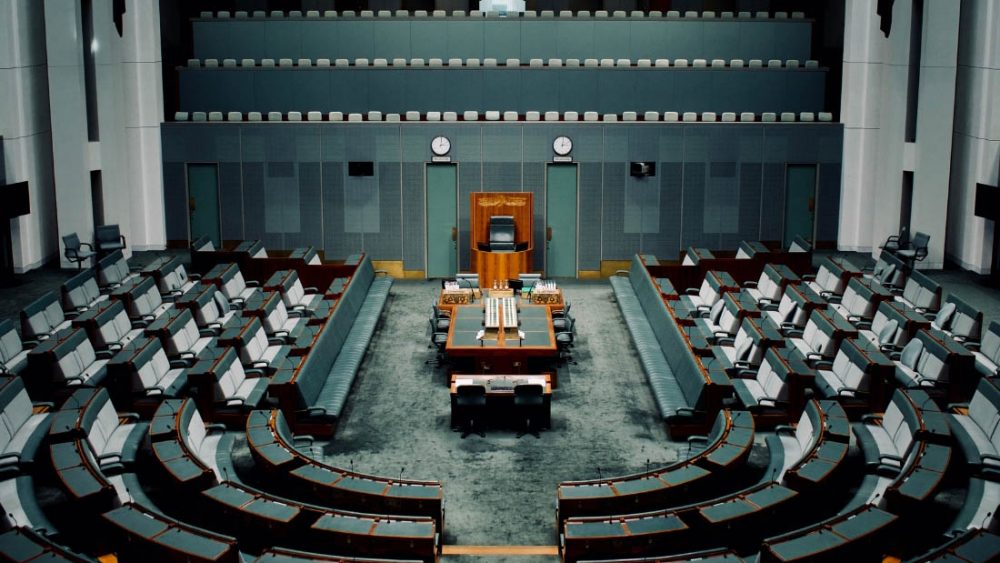No doubt, like most, you’re suffering from a bit of election fatigue. But stick with us – here’s one last article that explains what you can expect from the 46th parliament of Australia.
With the Coalition securing enough seats to form a majority Morrison government, this week we thought we’d recap a number of key election promises and how they may impact your financials.
Now, we understand that politics can be somewhat of a … polarising issue, especially straight off the back of a hotly contested election campaign.
So we’ve done our best to take the politics completely out of this and just break it down into simple facts on what‘s been promised moving forward.
1. The big election issues that will remain unchanged
Perhaps the biggest talking point from this election is not what’s changing, but what’s staying the same.
Labor had entered the election campaign promising to halve the capital gains tax discount for investments entered into after 1 January 2020, and limit negative gearing to new housing.
However, the re-elected Coalition government opposed both these policies, so expect them to remain unchanged.
Labor had also planned to abolish the franking credit refund, which would have had an impact on shareholders and self-funded retirees. However, the Coalition campaigned strongly against Labor’s plan.
2. Tax relief
This is a bit of a tricky one.
The Coalition’s pledge to cut personal income tax was perhaps its biggest election promise.
Now, the good news is that last year the government passed a $530 tax cut for people earning up to $90,000 this financial year.
The bad news, however, is that it looks unlikely that the government will be able to pass legislation before the end-of-financial-year deadline to provide an extra $550 in tax relief.
That’s because it’s extremely unlikely that federal parliament will return before June 30, as the writs for the election won’t be returned until late June.
That said, the federal government is looking into other options for delivering the tax cuts, such as having the ATO retrospectively amend assessments once legislation has been passed.
3. First Home Loan Deposit Scheme
It was a policy announcement made late in the election race, but it will be welcomed by many young first home buyers eager to crack the property market.
Up to 10,000 first homebuyers will be given a leg-up into the property market under the First Home Loan Deposit Scheme.
The scheme, which will commence on 1 January 2020, will help eligible first home buyers purchase a house with a deposit as low as 5%, without having to pay Lenders Mortgage Insurance (LMI).
That means many first home buyers could save around $10,000 in LMI under the scheme.
4. Small business tax relief
For businesses with a turnover of less than $50 million, the government has promised to further reduce the 27.5% tax rate to 26% in 2020–21 and then to 25% the following financial year.
For unincorporated businesses with a turnover less than $5 million, they have introduced a tax discount of 8% (capped at $1,000), which will further increase to 16%.
The Coalition says this small business tax relief plan should benefit 3.4 million businesses employing over 7 million Australians.
Meanwhile, the government has also extended the Instant Asset Write-Off scheme until 30 June 2020.
The scheme allows small and medium businesses to claim immediate deductions of up to $30,000 for new or second-hand depreciable asset purchases, helping them with their cash flow.
Final word
As we’ve outlined above, there are a number of Morrison government policies that may trigger a re-assessment of your finances and tweaks to where money is allocated in your monthly budget.
Perhaps you’ll have a bit extra to pay off your monthly mortgage, small business loan, or to put away for a rainy day.
Whatever the case, if you need our help in any way, you know where to find us. We’d be more than happy to run through your query with you.
Disclaimer: The content of this article is general in nature and is presented for informative purposes. It is not intended to constitute financial advice, whether general or personal nor is it intended to imply any recommendation or opinion about a financial product. It does not take into consideration your personal situation and may not be relevant to circumstances. Before taking any action, consider your own particular circumstances and seek professional advice. This content is protected by copyright laws and various other intellectual property laws. It is not to be modified, reproduced or republished without prior written consent.



Comments are closed.